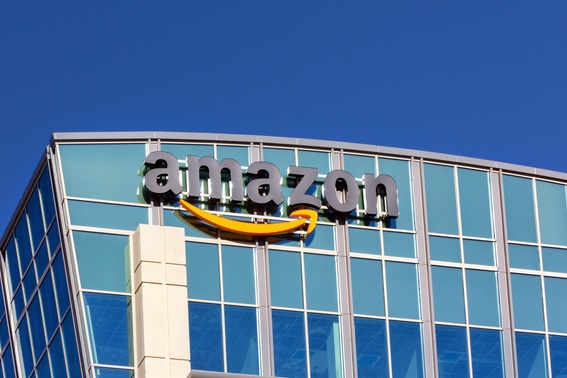|
No one can deny that ebook sales have changed the way we read. And while ebook sales are significantly less than hardcovers and paperbacks, they still rake in upwards of a half billion dollars a year in business for Amazon alone. And yet the giant in the industry never sits still. A year ago Amazon launched Kindle Unlimited, an ebook subscription service where readers pay $9.99 a month for access to hundreds of thousands of titles. Most of these titles come from self-published authors participating in Amazon’s Kindle Direct Publishing (KDP) Select program. As of July 2015, they have made another change which significantly affects the way self-published authors receive royalties. Before July, Amazon calculated these royalties based on either the number of downloads a book received, or how frequently Kindle Unlimited customers chose a book and read more than 10 percent of it. As of July 1st, Amazon is switching how it calculates KDP royalties from the current selection of “qualified borrows” to instead paying completely based on the number of pages read. Amazon’s reasoning is to better align payout with the length of books and how much a customer reads. Under the old system, reaching the 10 percent threshold was much easier and more likely with a short novella with 50 pages or less, when compared to a full length novel with 300 pages or more. This process encouraged writers to shorten their stories and produce more of them, which in effect flooded the ebook market with a heavy share of novellas. Switching to a method where an author is paid by the number of actual pages read encourages the writer to think first about reader engagement throughout the novel. While Amazon is not saying how many KDP Select pages are read each month, the pot of funds they are giving back to indie authors is substantial, currently at $11 million for July. Yet when it comes to the business of writing books, it remains to be seen how authors will be impacted by this change. By their own calculations, Amazon shows how it is more advantageous to write longer books that are of the highest quality. Will this new direction work? We can only wait and see. What it does prove is that Amazon is the giant in the industry, always thinking, always changing. They aren’t afraid to try new things, risk failure, and learn from their mistakes. Will Amazon’s new program help or hinder profits for authors? Only time will tell. Yet one thing is certain. As the increasing popularity of ebooks makes self-publishing more common, there will be many more changes to come. What do you think? How have the changes in Amazon’s program affected you?
Michelle Leave a Reply. |
Archives
December 2020
AuthorMichelle Categories |



 RSS Feed
RSS Feed